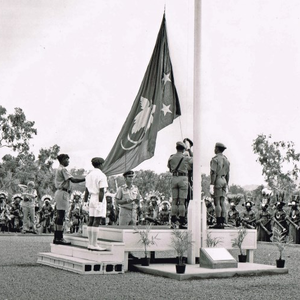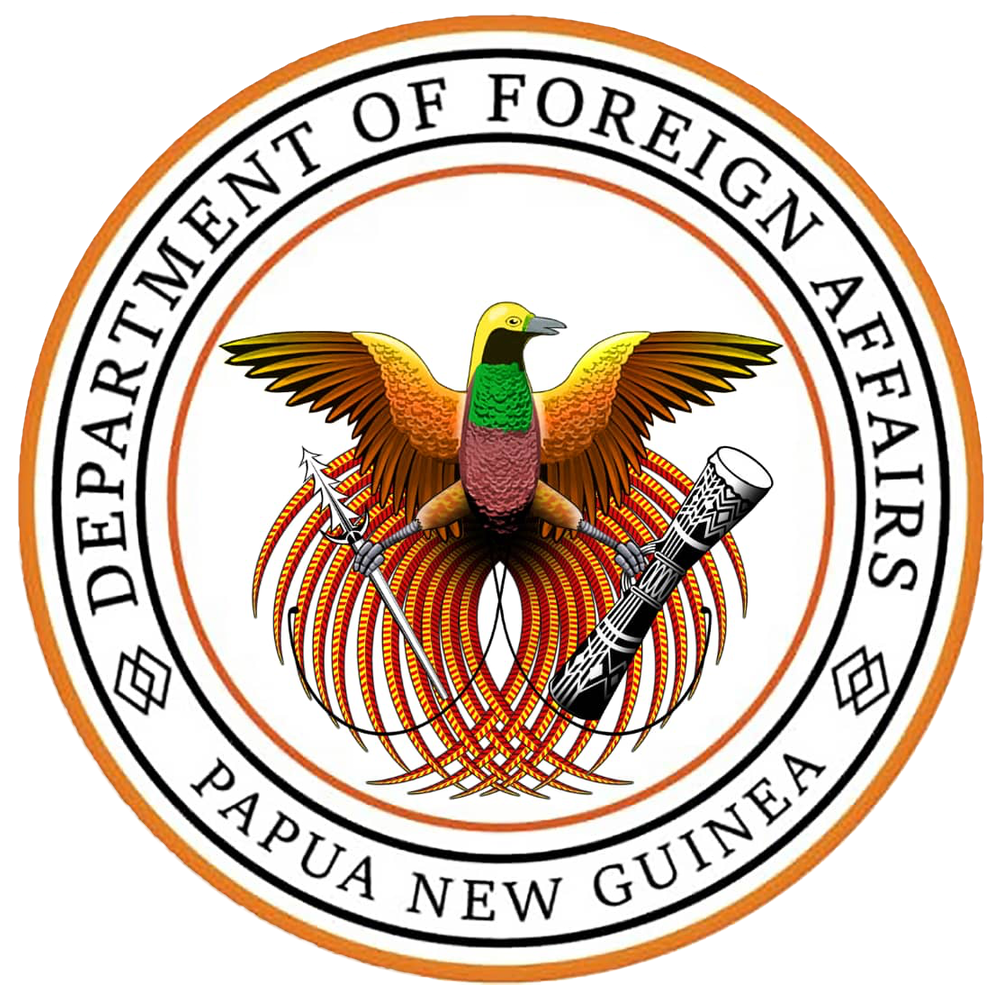About PNG: Justice
The justice and judicial system of Papua New Guinea (PNG) is a critical component of the nation's governance, ensuring the rule of law and protecting the rights of its citizens. The judicial system draws upon a blend of customary law, statutory law, and elements of English common law, reflecting the country's diverse cultural and legal heritage.
The judiciary is headed by the Supreme Court, which serves as the highest appellate court in the country. Below the Supreme Court are the National Court, the District Courts, and other specialized courts. The judiciary is independent of the executive and legislative branches, a key principle in upholding the separation of powers.
Customary law, deeply rooted in the cultural traditions of various ethnic groups, coexists alongside statutory law in PNG. Customary law is particularly influential in rural areas, where community leaders and village courts administer justice based on local customs and traditions. The village court system plays a crucial role in resolving disputes at the grassroots level, emphasizing reconciliation and restorative justice.
The legal profession in Papua New Guinea includes both barristers and solicitors. The legal education system is facilitated by the Papua New Guinea University of Technology, and law graduates undergo practical training before being admitted to the bar. The profession plays a pivotal role in upholding the rule of law, advocating for justice, and ensuring legal representation for individuals.
The legal system faces challenges, including issues related to access to justice, legal aid, and delays in court processes. Efforts have been made to address these challenges, with initiatives aimed at enhancing the efficiency of the judicial system and increasing access to legal services, particularly in rural and remote areas.
The Ombudsman Commission is an important institution tasked with ensuring government accountability and investigating instances of misconduct or corruption. It plays a crucial role in maintaining transparency and integrity within public offices, contributing to the overall functioning of the justice system.
Papua New Guinea's engagement with international legal frameworks, including its membership in the Commonwealth and participation in regional legal initiatives, reflects the nation's commitment to global standards of justice and human rights. Collaboration with international organizations contributes to capacity-building within the legal sector and facilitates knowledge exchange.
The justice and judicial system of Papua New Guinea play a pivotal role in upholding the principles of democracy, protecting human rights, and fostering a just and inclusive society. Ongoing efforts to address challenges and enhance the effectiveness of the legal system underscore the nation's commitment to the rule of law and the protection of its citizens' rights.

